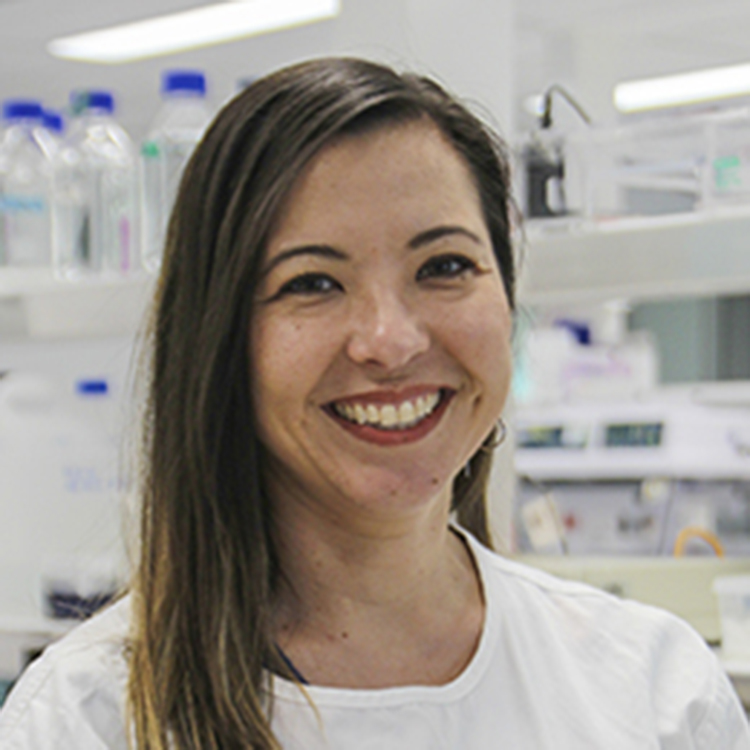Search
News & Events
New test proves effective in more cancersAvantogen Limited (ACU:ASX) today announced that cancer researchers at Perth's The Kids for Child Health Research (TICHR) and Avantogen Limited
News & Events
National study to unravel triggers for childhood leukaemiaA national study is investigating diet, chemical exposure and genetic factors in a new bid to unravel the causes of childhood leukaemia.
News & Events
WA families to help find triggers for childhood leukaemiaWest Australian families are being asked to play a vital role in a major new national study to unravel the causes of childhood leukaemia.
Research
Rare Occurrence of Congenital Neuroblastoma and Tuberous SclerosisCitation: Gardner M, Shah S, Jain N, Bynevelt M. Rare Occurrence of Congenital Neuroblastoma and Tuberous Sclerosis. Pediatr Neurol. 2026;176:62-3.
Research
Pharmacological targeting and characterization of Voltage-Gated Sodium Channels (VGSCs) expressed in the high-grade glioma microenvironmentHigh-grade glioma (HGG) cells reactivate neurodevelopmental programs regulated by ion channels to drive tumor progression. The activity of voltage-gated sodium channels (VGSCs) is fundamental to development, a target of blood-brain barrier (BBB)-permeable FDA-approved drugs, and aids tumor advancement in several cancers. However, the contribution of VGSC activity to HGG pathology remains unknown.
Research
LeukaemiaLeukaemia, also spelled leukemia, is a cancer that develops in the bone marrow and results in abnormal white blood cells. It is the most common cancer in children, accounting for almost a third of all childhood & teen cancers.



People
Professor Nick GottardoHead of Paediatric and Adolescent Oncology and Haematology, Perth Children’s Hospital; Co-head, Brain Tumour Research Program, The Kids Research Institute Australia

